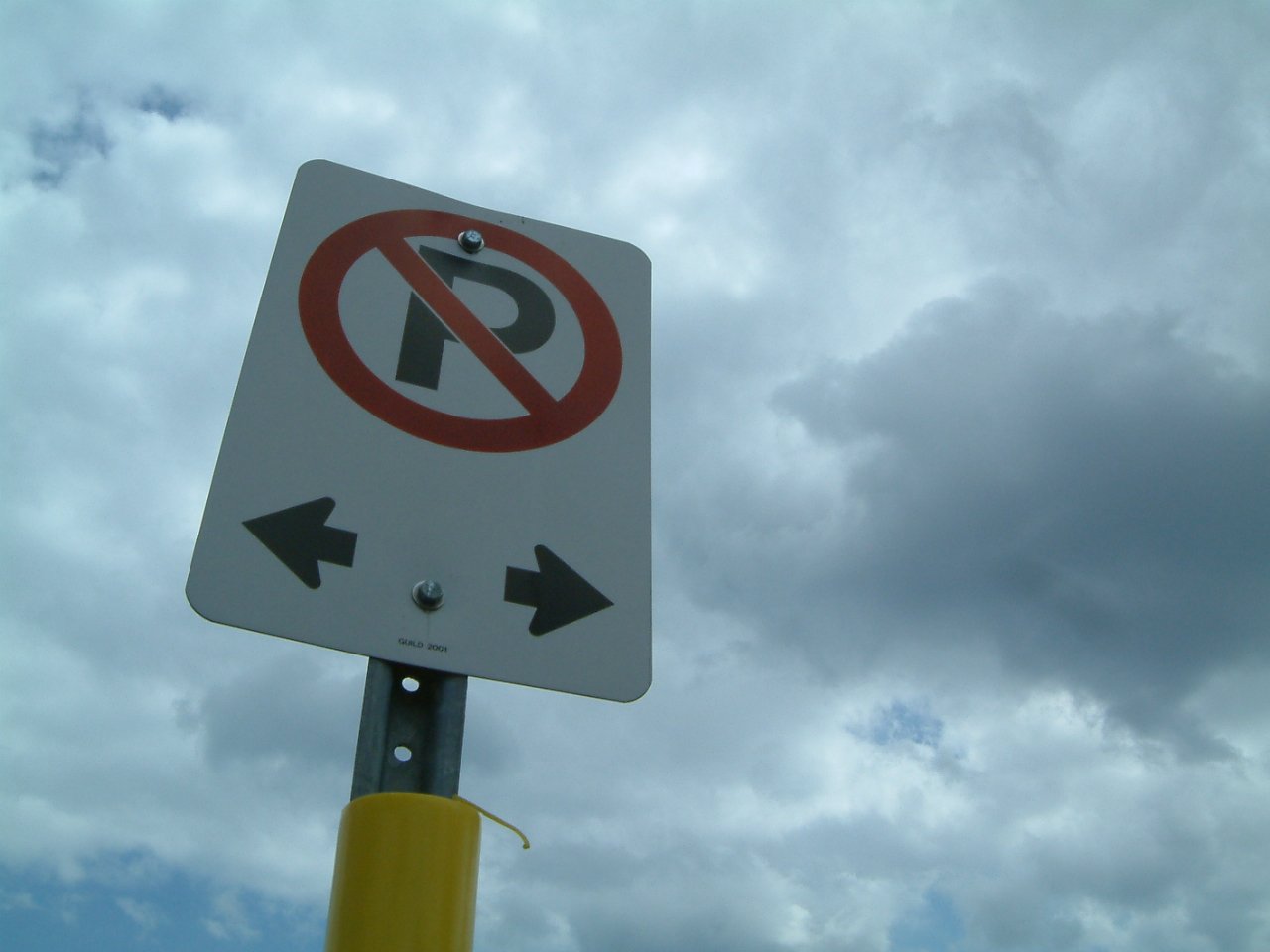

AFTER wasting lots of money on new and failing buildings (which nobody really asked for), ejecting judges (to occupy some rented space in Haar, possibly in direct violation of the EPC) and planning to waste almost a billion euros on some more buildings (totally unnecessary) justice is clearly on the rocks.
"SUEPO (the EPO's staff union) has already pointed out that Benoît Battistelli's approval rating among staff was better than that of Campinos (at equivalent periods of time in the term), based on a new staff survey."But it gets yet worse. The coronavirus crisis is being exploited by people looking to undermine (and outsource to foreign companies) the entire legal process while milking this institution for its money.
"Harassed staff at the EPO" was reported to us a day after we had called for information. "The harassment of EPO staff continues even during the Covid-19 pandemic and teleworking times," a source has told Techrights. "Here is an insulting email from an EPO manager to staff."
Click the image for a full-sized version of it (visually and digitally processed for better anonymity).

The coronavirus has upended patent challenge proceedings everywhere, forcing courts and intellectual property offices to prioritise physical safety and rely heavily on video conferencing. The EPO is no exception, but generics drug companies say the office’s new rules are being abused.
The EPO Opposition Division, unlike the office’s Boards of Appeal (BoA), has stopped in-person proceedings until December 31, but allowed oral arguments to be made by video conference. Both parties have to consent to a video conference, however, and numerous patentees have refused.
Six generic drugs companies, including Insud Pharma, Accord, Fresenius Kabi, Zentiva and Gedeon Richter, tell Managing IP that this system has caused them problems because patentees often choose to delay, and often seemingly in an effort to stall the invalidation of their patents.
Several argue that patentees should be forced to attend to avoid delaying the release of cheaper drugs.